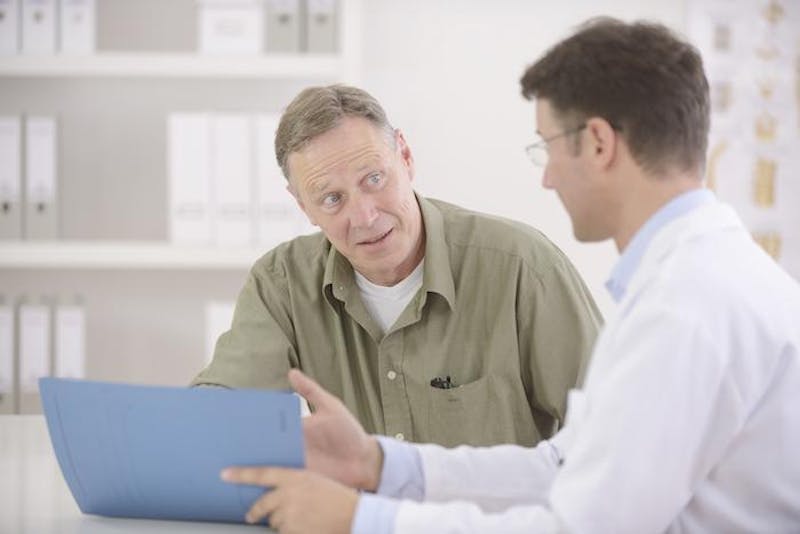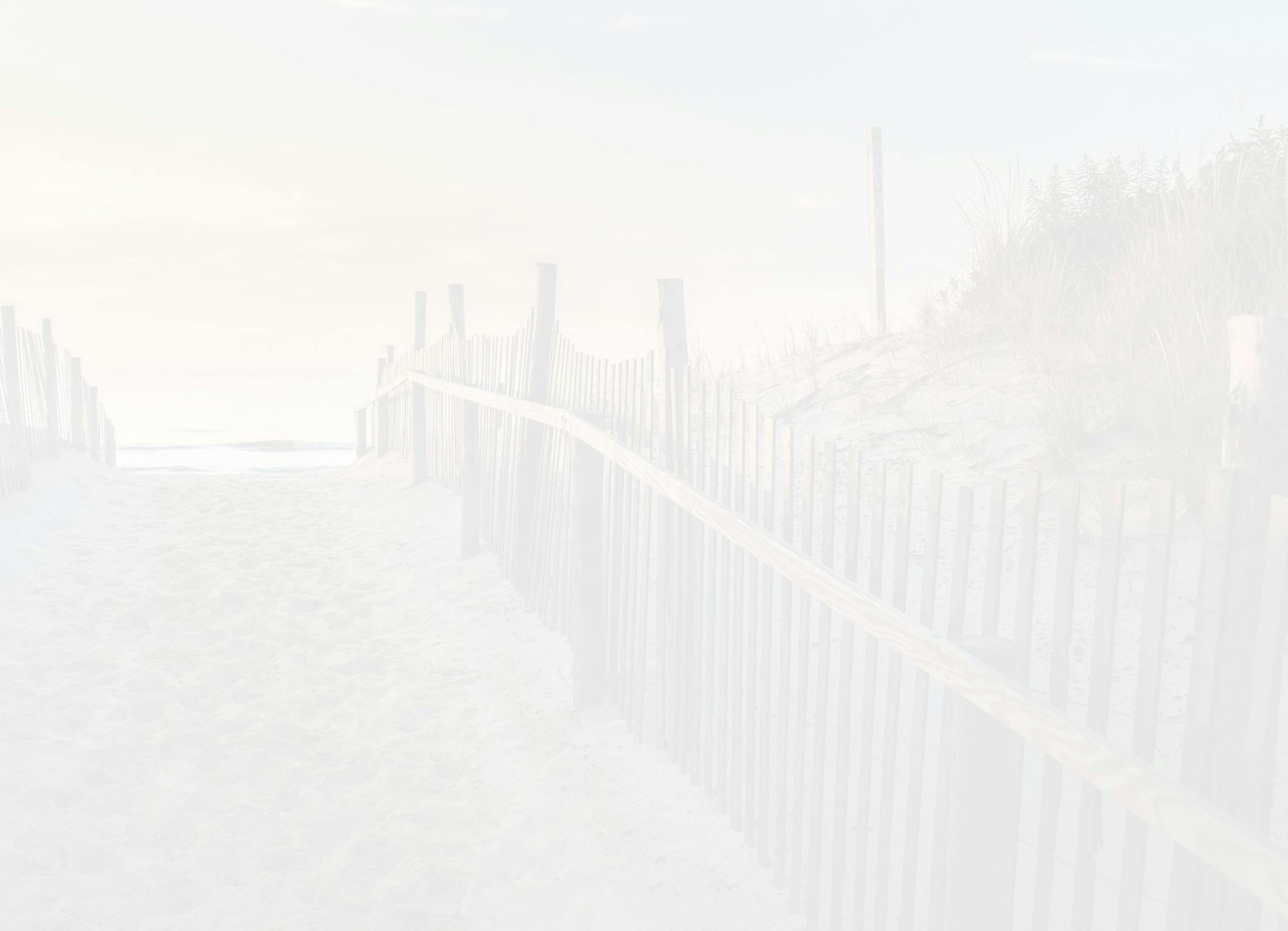
As you get older, you become more likely to deal with problems in the joints and spine. The combination of physically demanding occupations with getting older, for example, increases the risk of a herniated disk. The highest percentage of people with this condition are men between the ages of 30-50, and physical labor is a common factor. However, the pain isn’t always persistent, and understanding what causes the pain to come and go can help with managing treatment.
Patients in the Shrewsbury, Toms River, and Edison, New Jersey, areas dealing with pain from a herniated disk or other spinal conditions have a medical team to help deal with them. Drs. Marc S. Menkowitz and Steve Paragioudakis and the caring staff at the Center for the Functional Restoration of the Spine specialize in the diagnosis and treatment of chronic, acute, and congenital spinal disorders.
What is a herniated disc?
Your spine consists of several smaller bones called vertebrae, which stack one over the other and form the curve of your back where your ribs and other bones attach. Between your vertebrae are spinal discs that act as shock absorbers that help hold your spine together and give it mobility.
Your spinal discs are made up of an outer section, called the annulus and the inner section called the nucleus. You get a herniated disk (also called a ruptured disk or a slipped disk) when the annulus tears and some of the nucleus leaks out through the tear. It can happen anywhere in the spine and irritate your nerves which leads to numbness, pain, and other symptoms.
What causes it?
Age and the repetitive movement in laborious jobs over time are very common causes of the condition, especially in men. However, other things can lead to the condition as well, including:
- Weight: the extra pounds put undue pressure on the spine
- Genetics: runs in families
- Smoking: decreases oxygen to your spinal discs, leading to increased risk.
Traumatic events to your spine in accidents or intense physical activity can also lead to a herniated disk. You can have this condition and not even know it until you get screened and it shows up on spinal imaging.
What causes intermittent pain?
Whether or not you have intermittent pain (pain that comes and goes) depends on how you move and the position of your body. The way your spine is positioned when you walk upstairs or bend over to pick something up can stretch the body in a way that puts pressure on a specific nerve.
Being cautious about how you move can affect how much or how little pain you experience. Fortunately pain that comes and goes can also be an indication of the disc healing. Getting your back checked is an effective way of determining the nature of the problem and how far along it is.
So if you're dealing with the numbness, pain, or weakness associated with a herniated disc, make an appointment with the Center for the Functional Restoration of the Spine and Drs. Menkowitz and Paragioudakis today to start the road to recovery.

